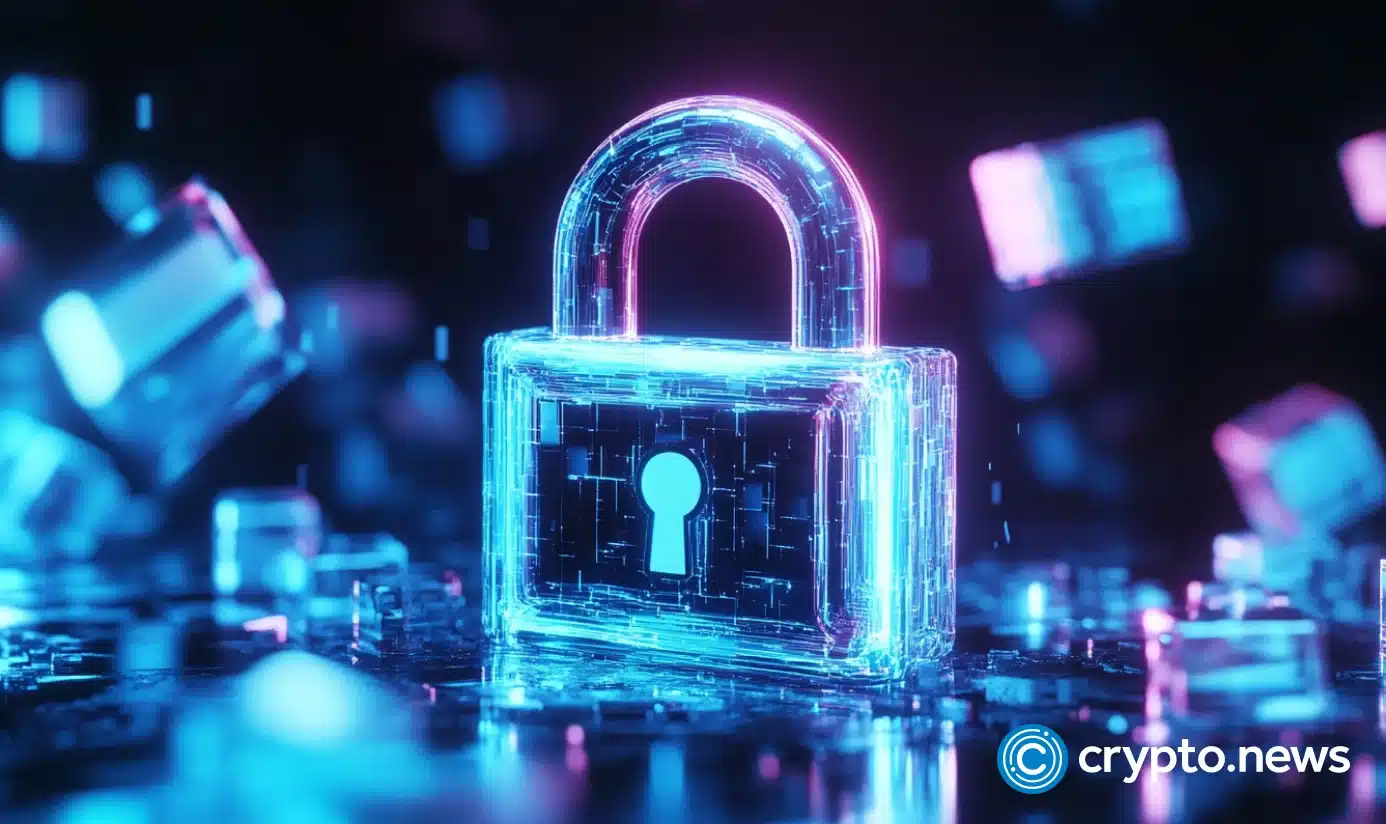China’s RSA Quantum Breakthrough: Crypto Security on the Brink?

Quantum computing just took a leap—and your crypto wallet might be in the crosshairs. China's latest RSA-cracking experiment signals a seismic shift in digital security. Here's why the blockchain industry is sweating bullets.
The Quantum Threat Goes Mainstream
When a 54-qubit processor breaks RSA-2048 in minutes, traditional encryption starts looking like wet tissue paper. Beijing's breakthrough proves what cryptographers feared: the post-quantum era isn't coming—it's here.
Crypto's Existential Math Problem
Blockchain's entire security model relies on math problems quantum computers solve before breakfast. From Bitcoin's SHA-256 to Ethereum's Keccak-256, the very algorithms that power $2T in market cap could become trivial to reverse-engineer.
The Race for Quantum-Resistant Chains
Some projects are already future-proofing. QRL's lattice-based cryptography and Algorand's Falcon keys show promise—but most major chains still treat quantum resistance like a '2029 problem.' Meanwhile, hedge funds are quietly shorting legacy cryptos while piling into quantum-secure altcoins (because nothing sparks innovation like the smell of burning VC money).
The clock's ticking. And unlike your forgotten Trezor wallet, this threat isn't getting buried in a landfill anytime soon.
Does cryptocurrency use RSA encryption?
Though RSA is widely used in many aspects of our digital systems, most modern cryptocurrencies do not use the encryption for signing transactions or wallet security. Instead, cryptocurrencies like Bitcoin (BTC) and ethereum (ETH) rely heavily on Elliptic Curve Cryptography or ECC, including Elliptic Curve Digital Signature Algorithm ECDSA and the later model EdDSA in newer projects.
Although this is the case, the crypto space does make use of the encryption model in other areas that are just as crucial to security. For instance, certain crypto exchanges, custody services and payment platforms may still use RSA encryption for SSL/TLS infrastructure.
Additionally, some cold storage systems or older crypto projects and old wallets containing sensitive information may still rely on RSA for internal key storage or back-up encryption. The same applies for encrypted data archives and back-ups at crypto custodians or blockchain companies.
Why the RSA quantum breakthrough matters for ECC?
Although the experiment applies to RSA, this does not mean that ECC is untouchable. Both RSA and ECC are vulnerable to quantum attacks via Shor’s algorithm. Shor’s algorithm is a quantum algorithm that can efficiently factor large numbers and solve discrete logarithm problems.
The algorithm poses a significant threat to the security of many modern cryptographic systems. While this does not directly pose a threat to current more advanced crypto systems, it indicates that quantum progress not just a theoretical concept anymore.
The deeper issue is that if quantum hardware can scale factoring algorithms, then the decryption of ECC is not far behind. A powerful enough quantum computer running Shor’s algorithm could bypass ECC by forging blockchain transactions, breaking encrypted communication between wallets and nodes, as well as gain access to private keys from public BTC or ETH wallets.
In the meantime, crypto projects should stay alert and prevent security breaches by performing audits on vulnerable areas such as TLS certificates, API encryption, VPNs and off-chain key management.

